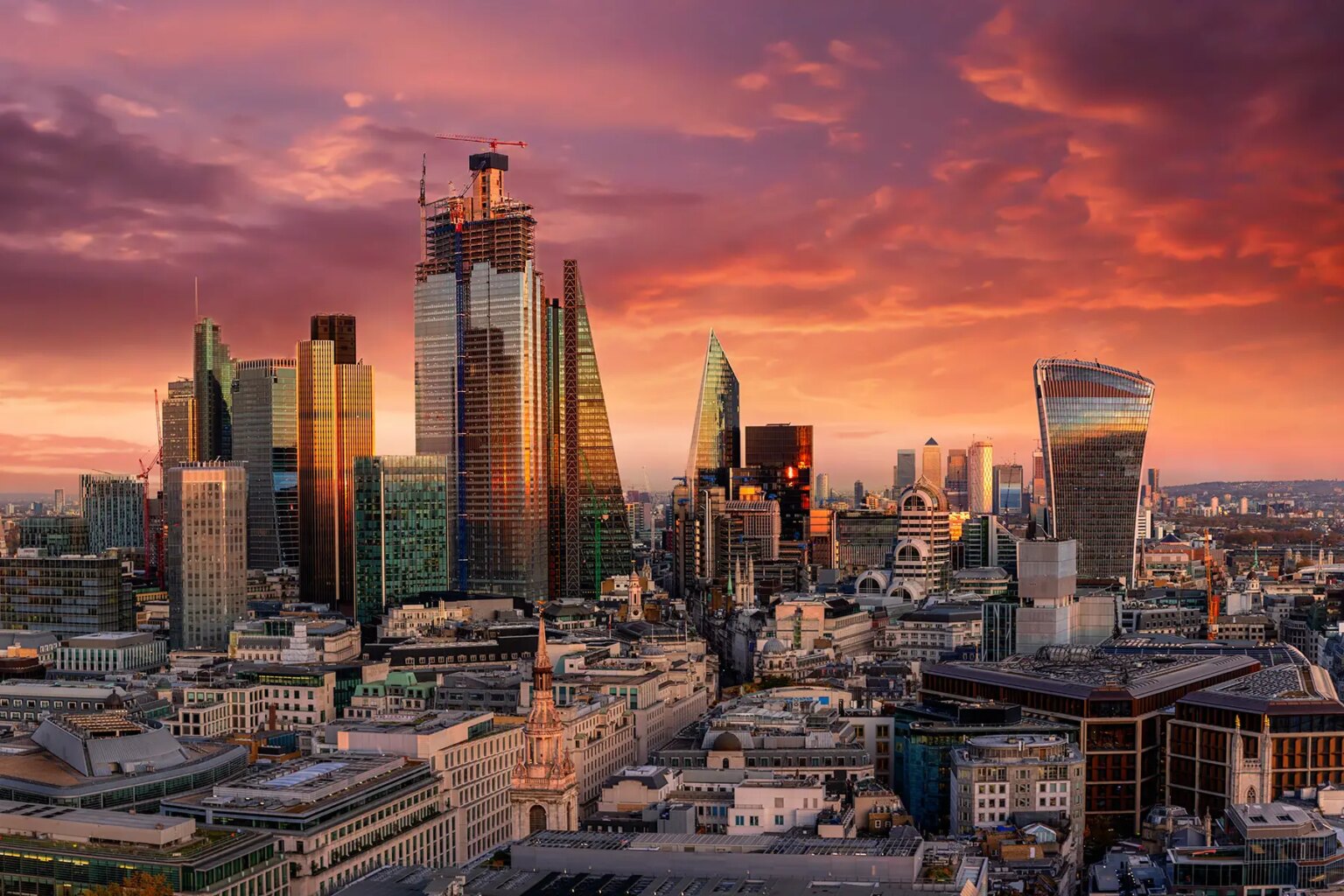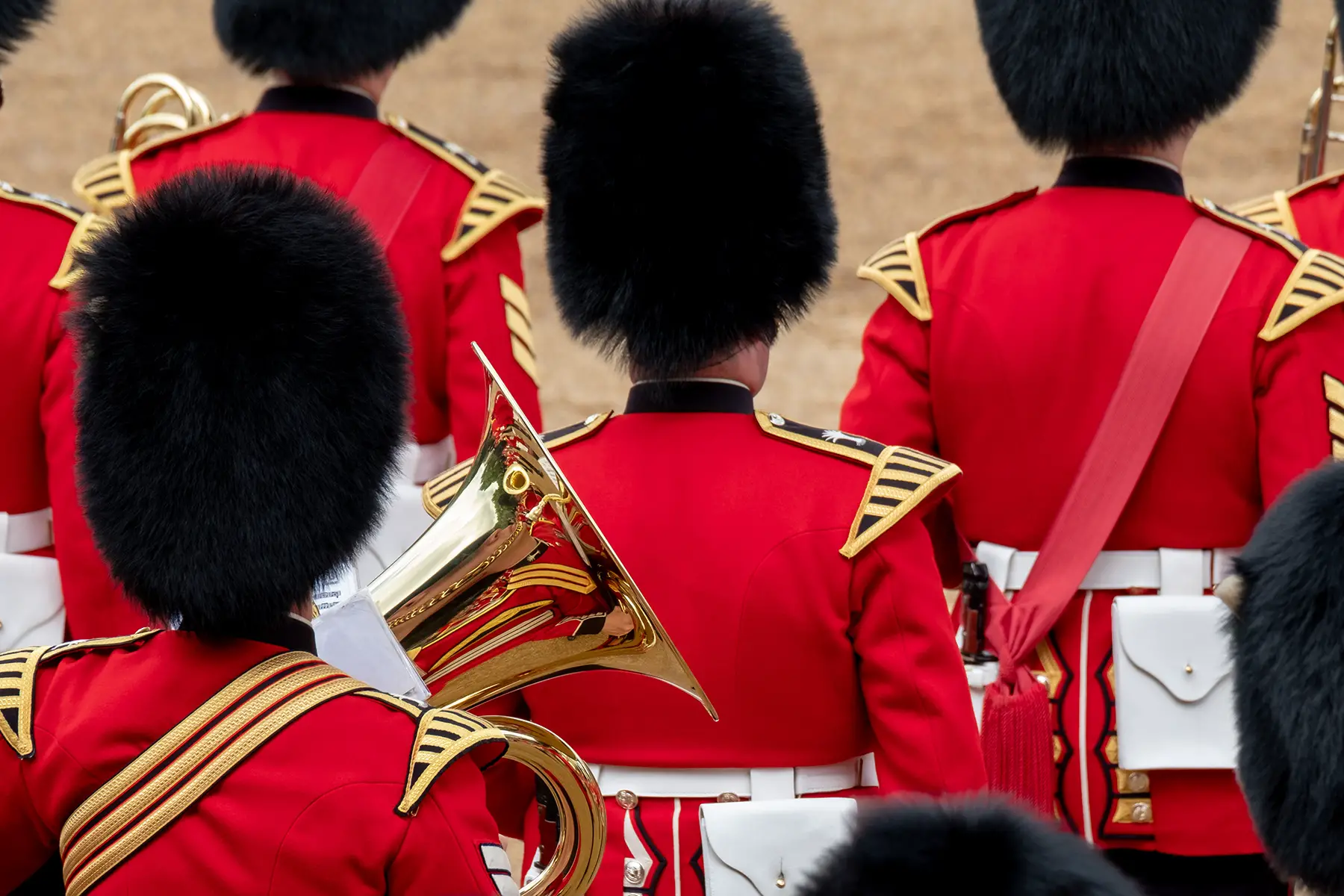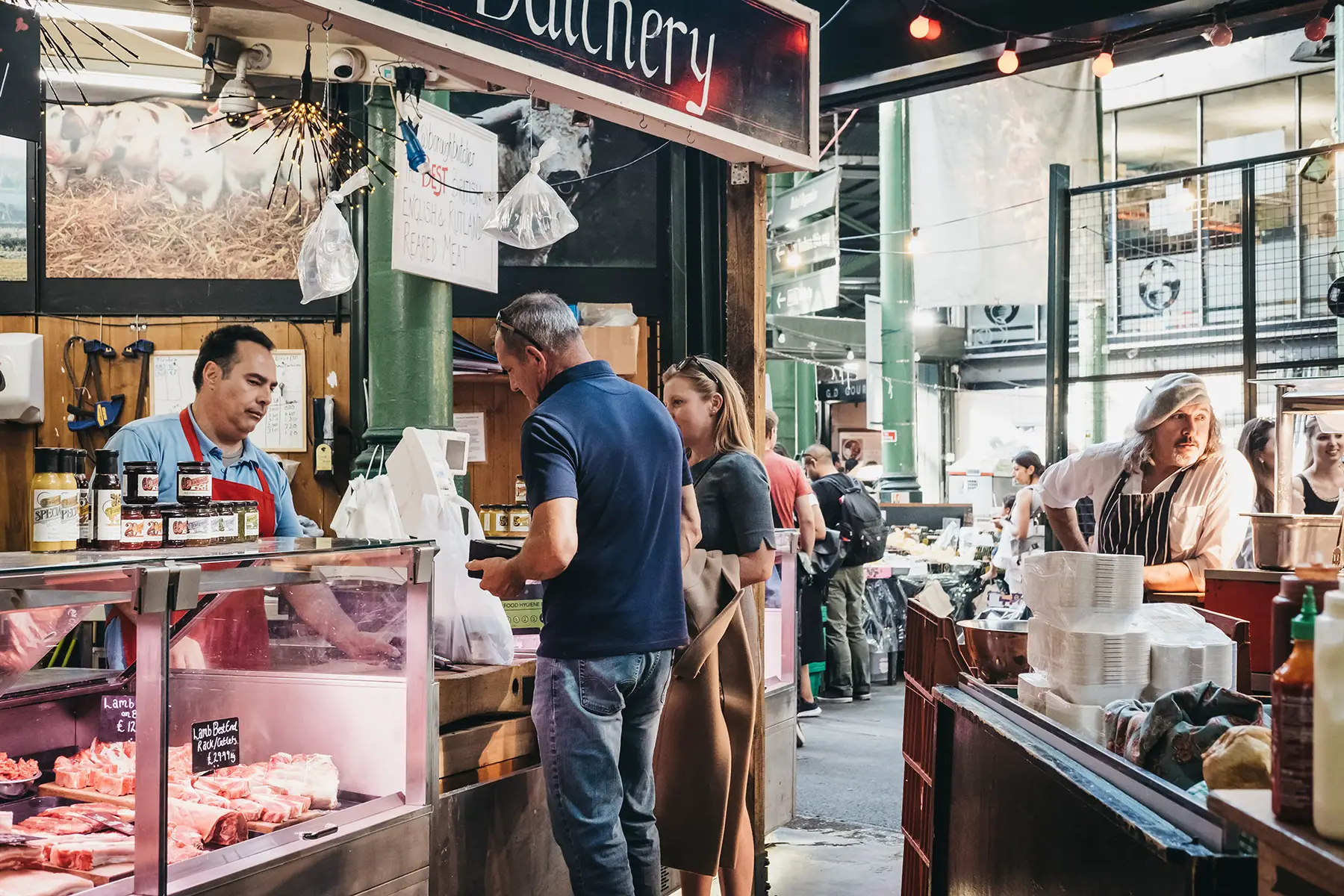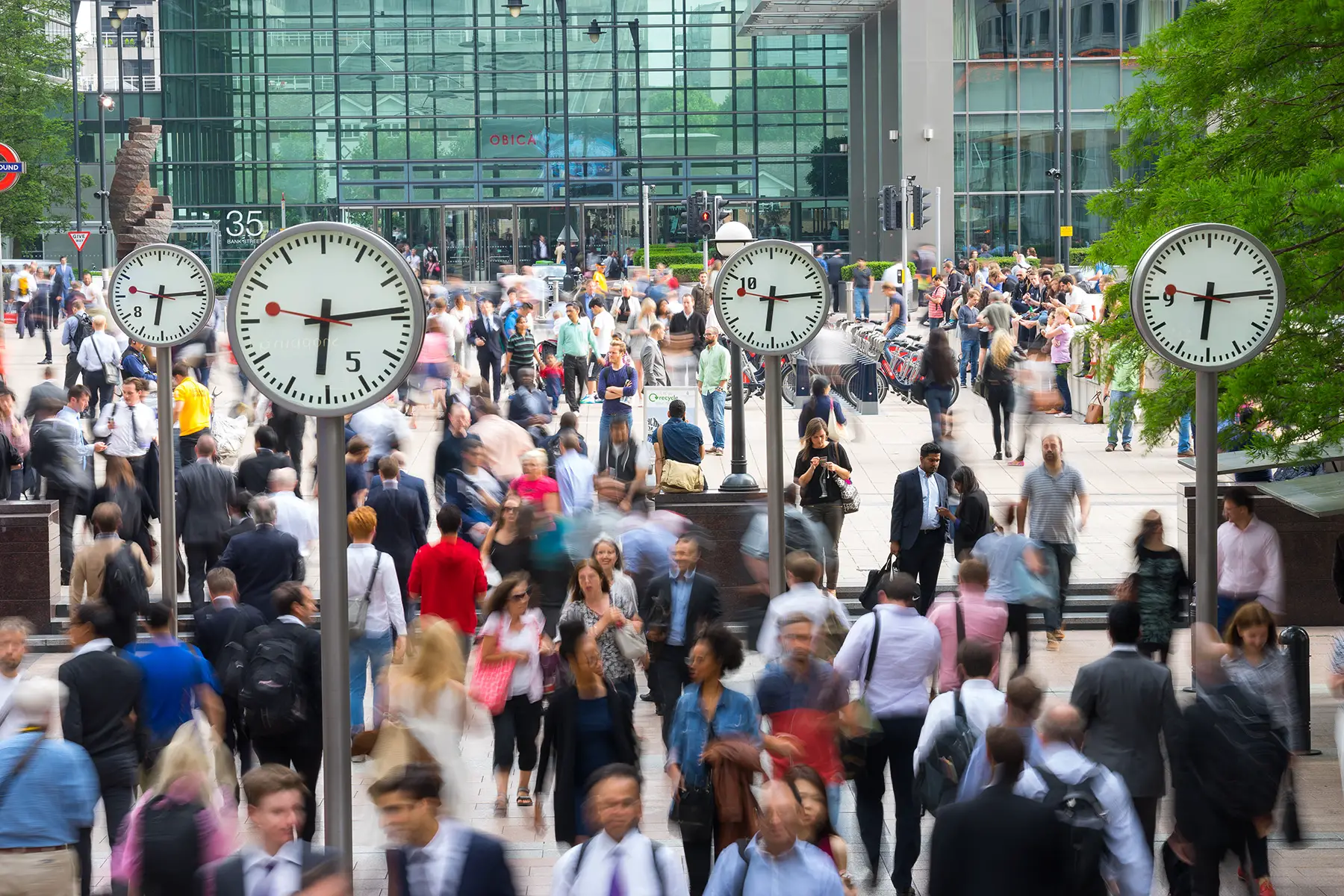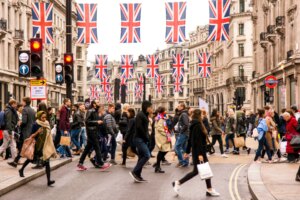If you’re moving to the UK as an expat, this introduction to the United Kingdom features everything you need to know. You’ll learn about how the country works today, including details on its history, main cities, British food, an overview of the UK tax system, and much more.
The United Kingdom is actually four countries sharing one monarch and government. These countries are England, Scotland, Wales, and Northern Ireland. Each country has a distinct culture and feel of its own. While England, Wales, and Scotland are on the same island, Northern Ireland is separate; it shares a border with the Republic of Ireland.
The United Kingdom – as it stands today – was the result of many centuries of old alliances and conquests. Today, there are questions about how long it will remain in its current form, with the likes of Scotland expressing an interest in independence.
Topics covered in this guide include:
- Living in the UK
- Quality of life in the UK
- Geography of the UK
- Main cities in the UK
- United Kingdom: facts and figures
- UK: key historical dates
- Economy and living standards in the UK
- UK people and society
- UK lifestyle and culture
- Food and drink in the UK
- Politics, government, and administration in the UK
- Rights and freedoms in the UK
- Crime and policing in the UK
- Health, welfare, and social security in the UK
- Education in the UK
- Work and business in the UK
- Environment and climate in the UK
- Great places to visit in the UK
- Public holidays in the UK
- UK: myth-busting
- Useful resources
Sirelo
It's no secret that moving abroad can be stressful. Sirelo's team of removal advisers is here to help. They provide five free quotes from international shipping companies so you can find the best options at the best prices. Take the stress out of your relocation to the UK with Sirelo.
Living in the UK
According to The Migration Observatory report from the University of Oxford, there were 9.5 million people born outside the UK living in the country. That’s 14% of the entire population.
The largest numbers of expats tend to settle in London, which houses 3.3 million foreign-born people. London’s popularity is likely due to its status as a thriving global city with many job opportunities, excellent nightlife, and multicultural communities.
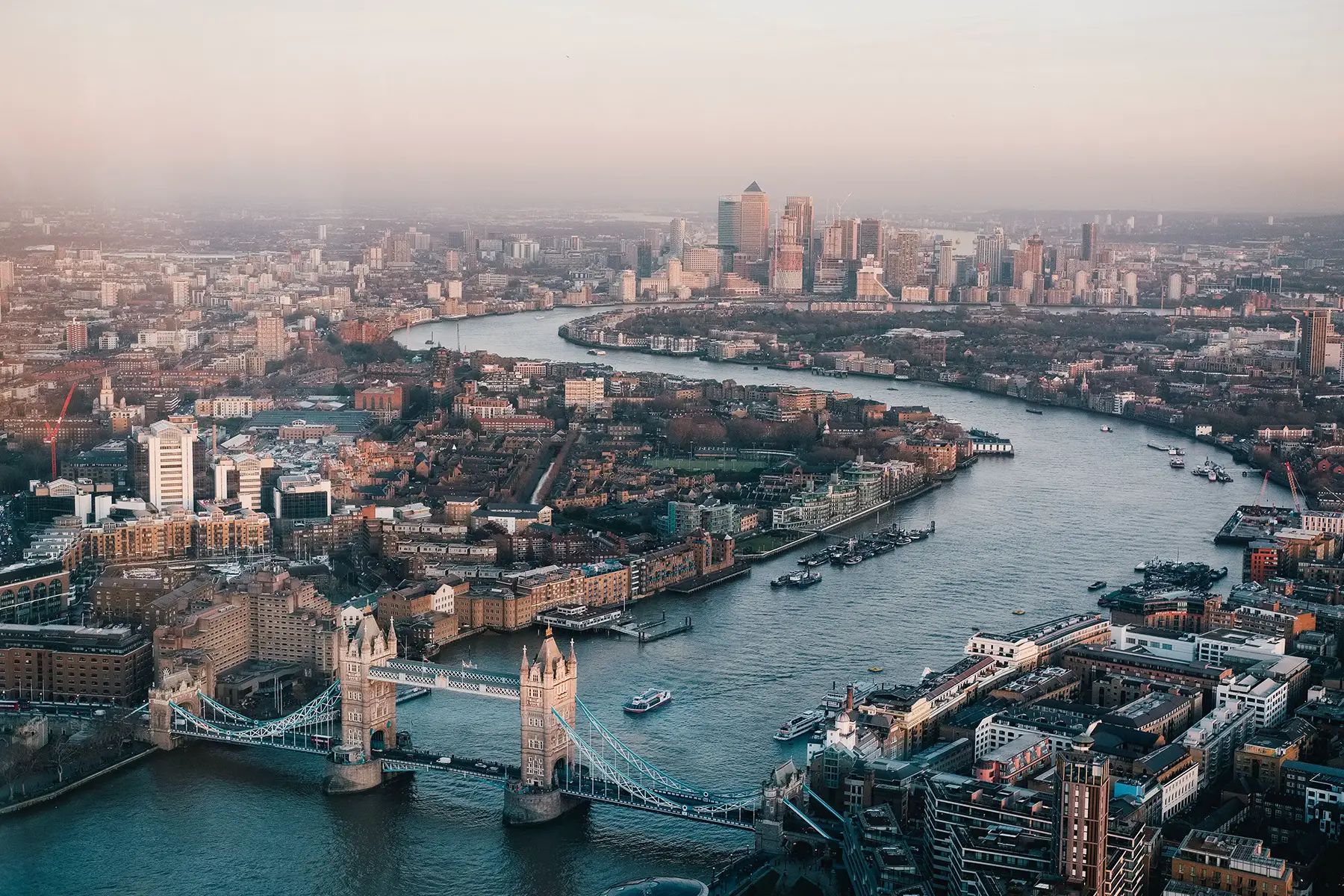
However, a report from InterNations cites several drawbacks to life as an expat in the UK, including the often dreary weather, long waiting times for public healthcare, diminished freedom of movement, and high cost of living.
Quality of life in the UK
Living standards in the United Kingdom are generally quite good. In the OECD Better Life Index, it ranks above average for environmental quality, community, health status, jobs, and learning. However, more employees find themselves working long hours than the OECD average.
Geography of the UK
The UK is made up of several islands, the area of which is about 248,500 square kilometers. The largest is Great Britain, which, at 209,331 square kilometers, is the ninth-largest island in the world. The only land border in the UK is with Ireland, and the country’s coastline is about 12,400 kilometers long.
The UK is divided up into four nations: England, Scotland, Wales, and Northern Ireland. These four parts are divided into smaller counties (or, in Northern Ireland and Scotland, lieutenancy areas). The southeast of the country is fairly flat, while the north and west regions have plenty of hills and even a few mountains. The highest mountain, Ben Nevis (1,345 meters tall), is in Scotland.
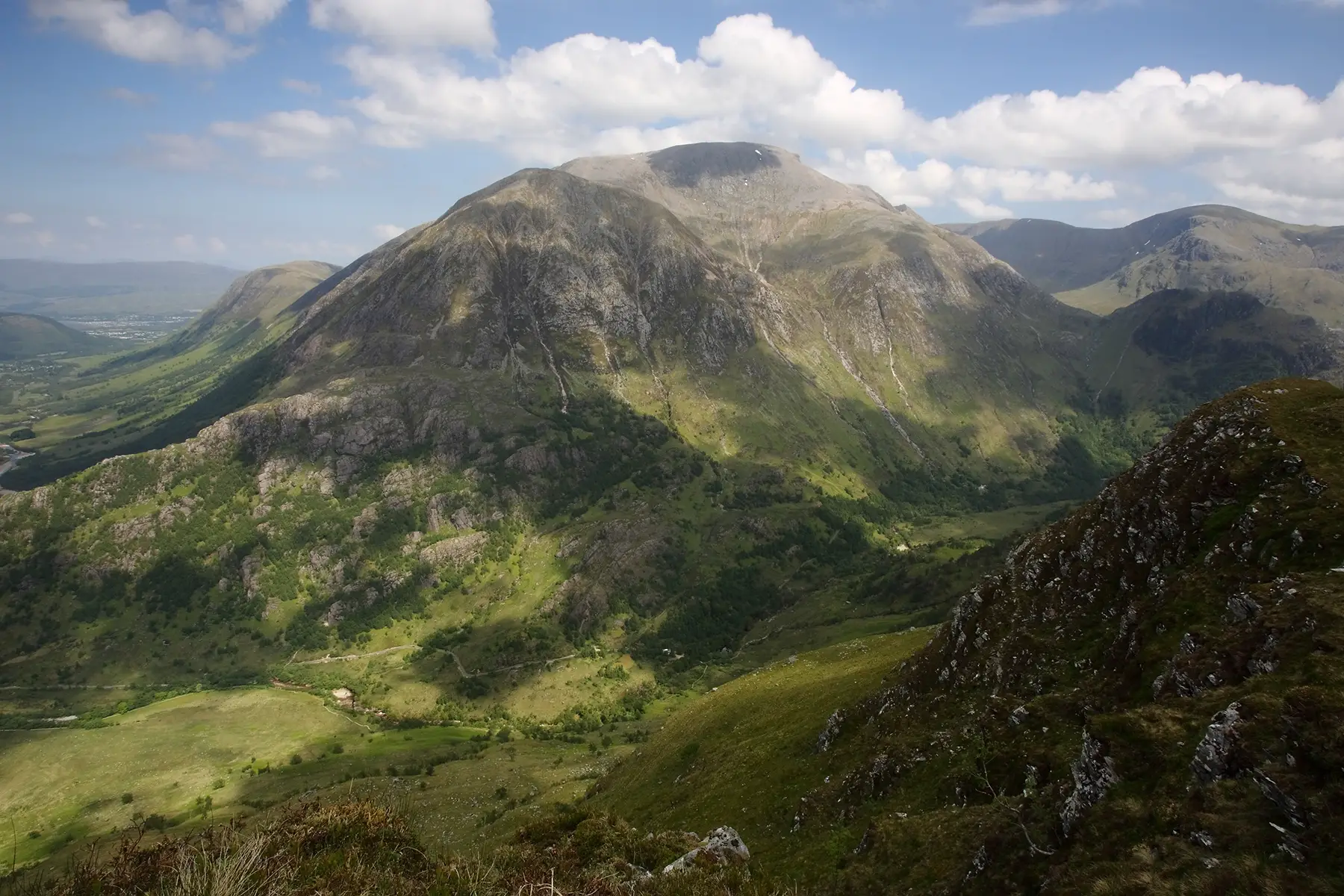
You’re probably familiar with the UK’s reputation for bad weather – it experiences cold, wet winters and warm, wet summers. While it’s warmer than other countries on the same latitude thanks to the Gulf stream, it’s a good idea to pack a raincoat.
Main cities in the UK
London
London – England’s capital – is the most popular destination for expats coming to live in the United Kingdom. Around 37% of the people who live in the city were born elsewhere.
The city is huge and constantly growing, so it can be difficult to decide where to live. Each region of London has its own distinct feel, and there are several neighborhoods where expats tend to settle. For instance, several areas of north London are known for their Turkish communities, while there is a strong Afro-Caribbean community in south London.
Much of London is on the London Underground metro system. Being close to a tube station is an important factor for many when deciding where to live. Read our guide on the best places to live in London for more information.
Edinburgh
As Scotland’s capital city, Edinburgh was the only UK city to feature in ECA International’s top 20 cities for expats, where it came in joint 19th place with Stockholm. Among the reasons for Edinburgh making the list ahead of other UK cities were lower levels of air pollution and better personal safety.
The Scottish capital has striking architecture, a rich history, and is famous for its city-wide summer festival. The festival brings together music, comedy, and theater, and is hugely popular with tourists from around the world.
Belfast
Belfast is the capital of Northern Ireland. The most popular reasons for moving include work, family, and education.
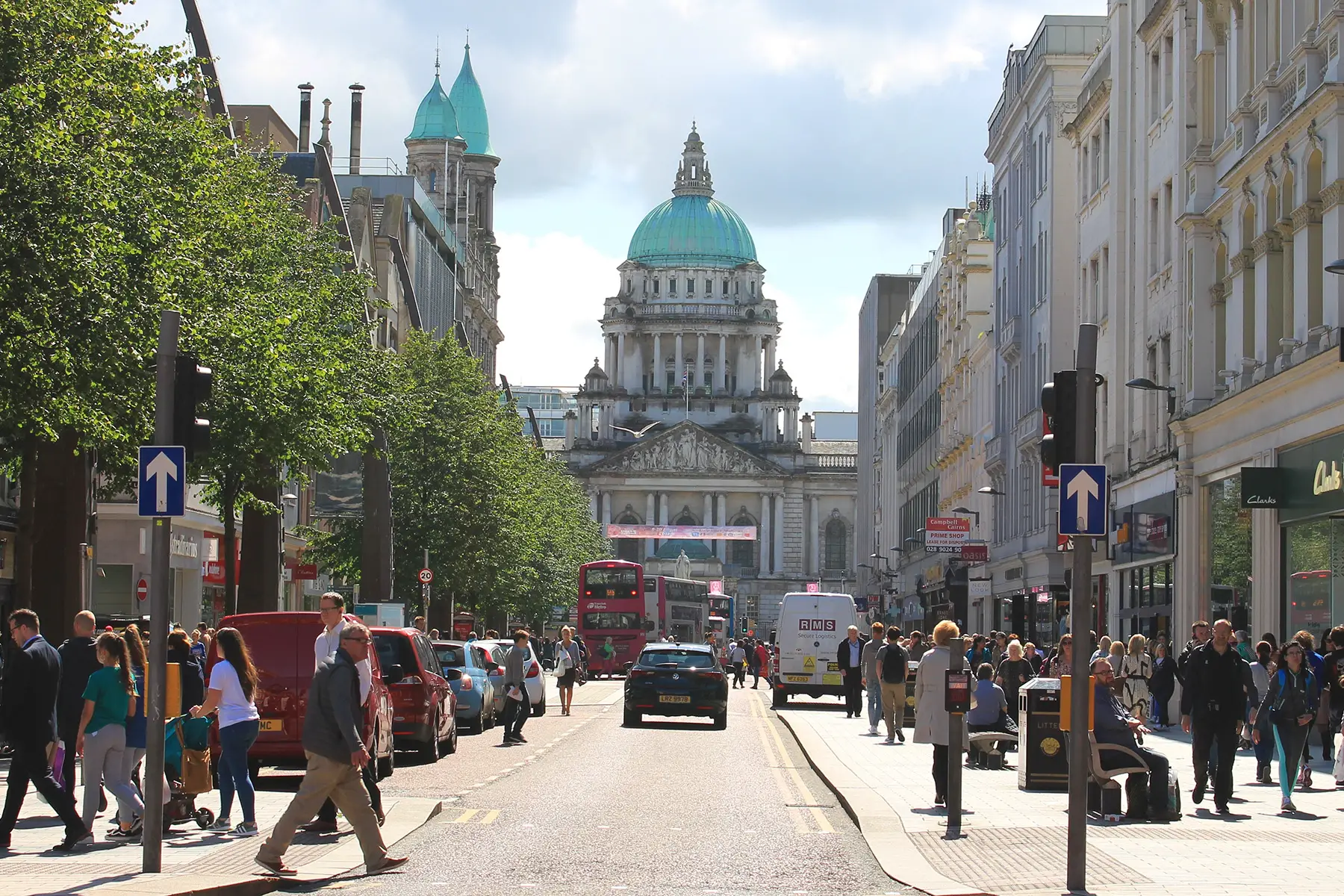
On the other hand, Northern Ireland is one of the least popular regions of the UK for expats. While this part of the country is home to some gorgeous countryside, it has had a troubled past over the past few centuries. In the second half of the 20th century, the Troubles raged in Northern Ireland, from time to time spilling over into other parts of the UK and Ireland. This conflict ended in a ceasefire and the Good Friday Agreement in 1998, but sporadic violence erupts very occasionally. One recent outbreak of rioting in Derry resulted in the death of journalist Lyra McKee.
Cardiff
One of the first things expats notice about the Welsh capital is the bilingual street signs, in both Welsh and English.
Welsh language and culture are very important to the natives here, as anyone will notice during a Welsh rugby match. Here, you’ll hear locals belt out the Welsh national anthem fluently and proudly.
Manchester
Manchester is the second-largest city in the United Kingdom, behind London. Manchester’s population is 558,000, with a total of 2,819,000 in Greater Manchester.
Known globally among sports fans for its two Premier League football clubs (Manchester United and Manchester City), Manchester also has a reputation for its musical history. Manchester is home to world-famous bands including Oasis, The Stone Roses, and Joy Division.
United Kingdom: facts and figures
- Population: 66.8 million
- Climate: Temperate
- Official languages: English. Regional and minority languages include Scots, Scottish Gaelic, Welsh, Irish, and Cornish
- Religions: Christian 56.6%, Muslim 5.6%, Hindu 1.7%, Jewish 0.5%, Buddhist 0.5%, other 1.5%, none/not stated 32.8%.
- Monarch: King Charles III
- Currency: British pound (GBP)
- Emergency number: 999
UK: key historical dates
- 1801 – The United Kingdom formed, following the union of Great Britain and Ireland
- 1914 – Outbreak of the First World War, in which the where the UK joined the Allied Powers
- 1918 – War ends in November with the Armistice
- 1921 – The UK agrees to the foundation of the Irish Free State. Northern Ireland remains part of the UK.
- 1939 – Outbreak of Second World War. The UK declares war on Germany following its invasion of Poland.
- 1945 – End of the Second World War. The UK becomes a permanent member of the UN Security Council.
- 1948 – The National Health Service (NHS) is formed
- 1969 – British troops sent to control political unrest in Northern Ireland
- 1973 – The UK joins the European Economic Committee
- 1997 –Wales and Scotland create separate assemblies following a referendum – these come into force in 1999
- 1998 – The Good Friday agreement on a political settlement for Northern Ireland is reached
- 2008 – The UK financial system experiences record stock market falls in the economic crisis, also known as the credit crunch
- 2016 – The UK votes to leave the European Union
- 2020 – The UK leaves the EU and the COVID-19 pandemic arrives in the country
Economy and living standards in the UK
The cost of living in the UK is high in comparison to many other European countries. London is significantly more expensive than other parts of the UK, with everything from housing and rent, to food and drink and transport costing much more.
Following the economic crisis in 2008, the UK has been under austerity measures in order to reduce its deficit. The economy gradually recovered over the past decade, although many expect the COVID-19 pandemic and Brexit to have an adverse effect on the economy.
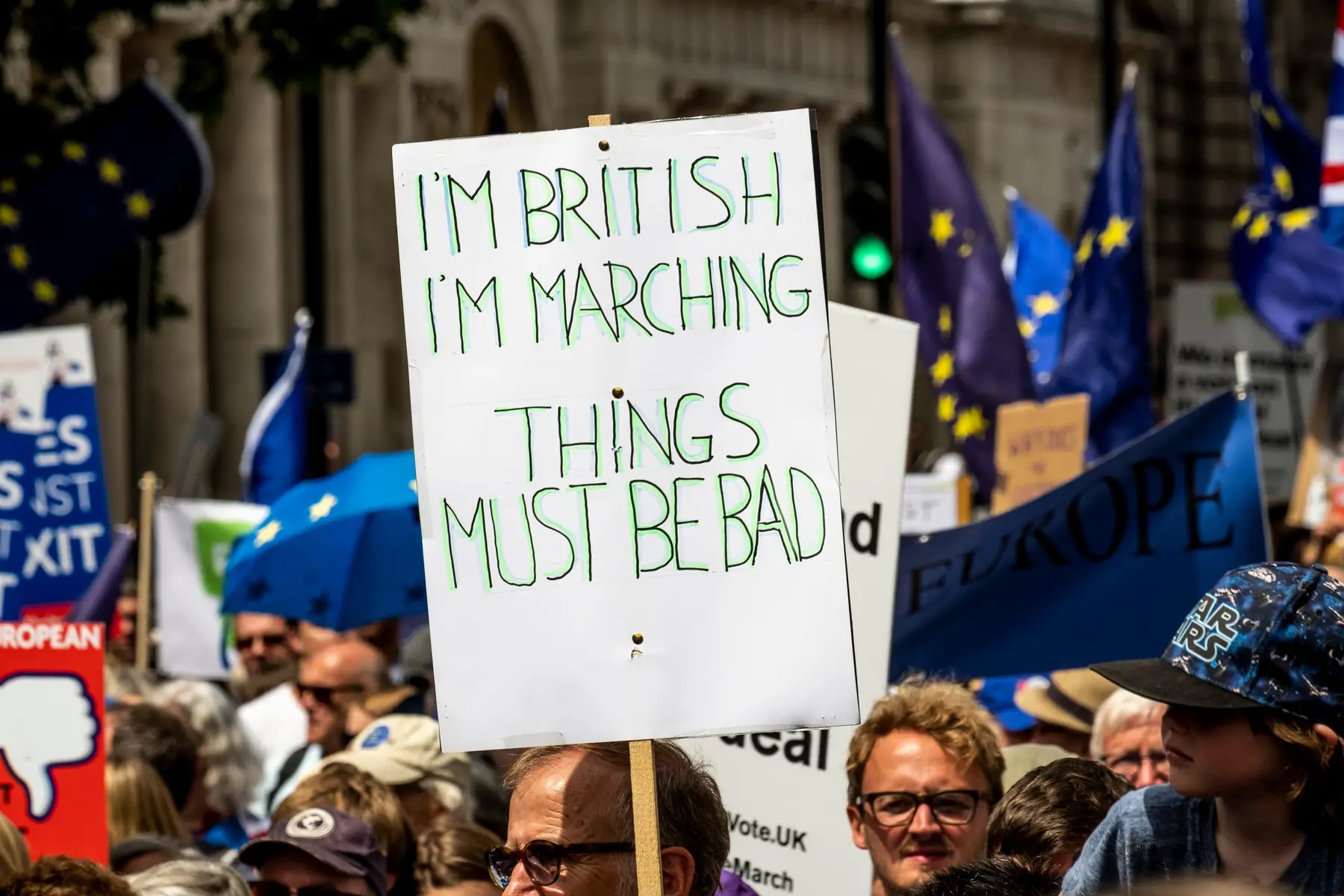
The British pound (GBP) is legal tender throughout the UK. The UK did not convert to using euros with most of the rest of the European Union in 1999.
The average household net adjusted disposable income per capita in the UK is just under £22,000 per year; this is lower than the OECD average of £25,000 a year. There is also a lot of disparity between the rich and poor; for instance, the top 20% of the population earns six times as much as the bottom 20%.
UK people and society
According to the Office of National Statistics (ONS), there are around 66.8 million people living in the United Kingdom. This figure is expected to grow to 72 million by 2041. While the population is increasing, it’s also ageing. 18.5% of the population was over the age of 65 in 2019, in comparison to 15.8% a decade earlier.
The results of the most recent census in 2011 found that 86% of the UK population identified as being white, with 80.5% of those being ‘British white’. Asian ethnic groups make up 7.5% of the population. Indian and Pakistani ethnicities making up the majority of this group. Black ethnic groups accounted for 3.3% of the population; mixed/multiple ethnic groups at 2.2%; other ethnic groups at 1%.
The UK is a multi-faith society. The 2011 Census found that Christianity is still the most prevalent religion, with 59.49% of the population identifying as Christian. Islam is the second most common faith (4.41%), followed by Hinduism (1.32%), and other religions which account for 1.6%. Nearly a third (32.84%) of the population’s religions were recorded as unspecified or none.
The UK class system
British society is highly influenced by class. Although nowadays, differences are not as pronounced as they once were, divisions remain clear. Attempts to define classes can be complicated, but a 2013 survey suggested that there are now seven social classes.
These range from the ‘elite’ (the most privileged group, with the most wealth) to three types of ‘middle class’ (with varying levels of wealth and social/cultural capital) to two types of working class with less means than the other groups. The least privileged group is the ‘precariat,’ making up 15% of the population. This class has the lowest financial means.
What are people in the UK like?
Brits have a mixed reputation among foreigners. On the one hand, they’re quite polite and proper; on the other, they’re known for their loutish drunken behavior while abroad. Well, both types of Brits are fairly common, but two activities that tend to unite all UK citizens: queuing and talking about the weather. Yes, it’s true!
Brits love the order of a queue. They tend to get quite upset if the rules of a first-come, first-served queuing system are ignored. Just make sure you don’t skip ahead!
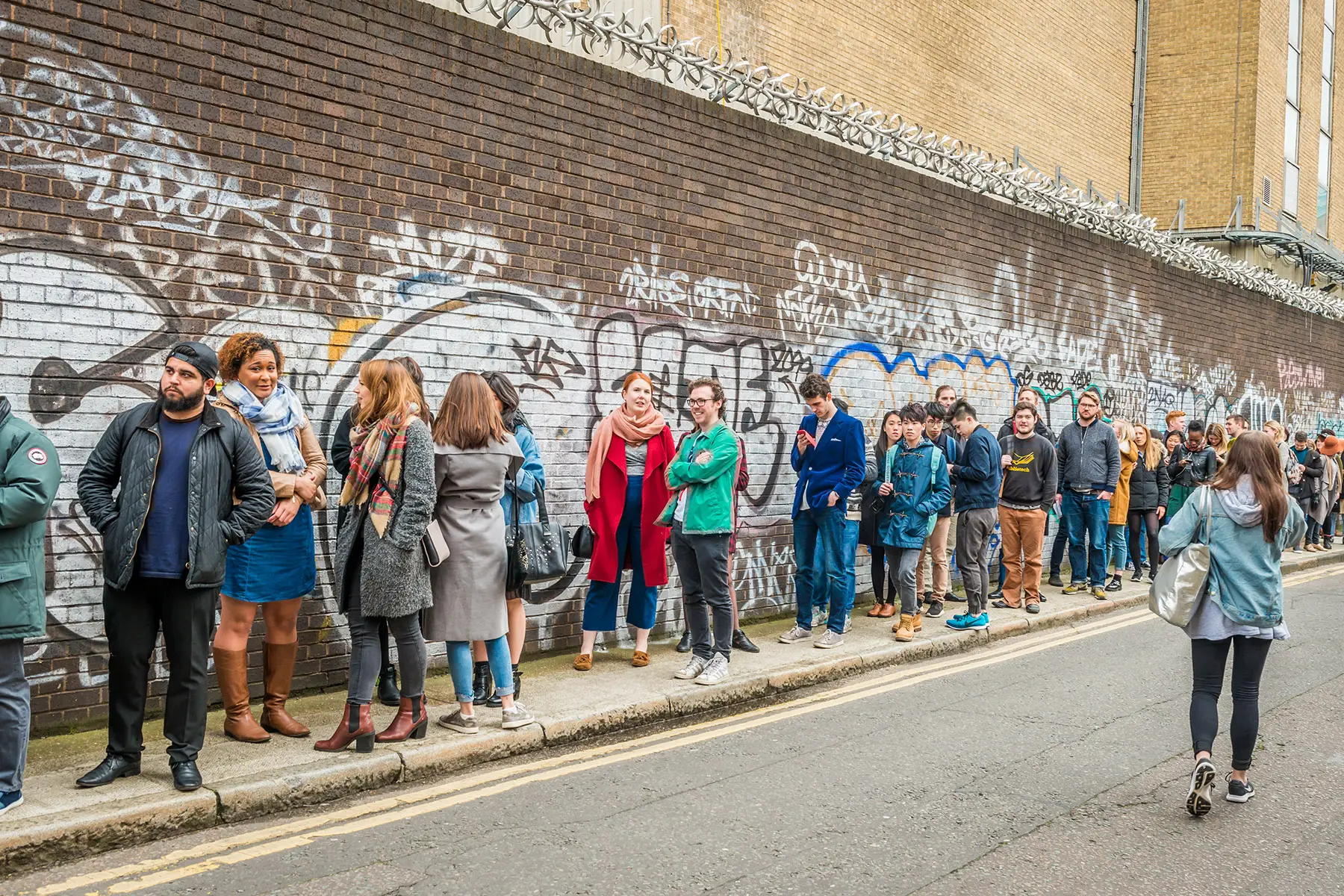
As for talking about the weather, this is another regular occurrence. Due to their generally reserved nature, it may seem that striking up a conversation in the UK seems more difficult than in other countries. But mention the rain, sun, or clouds and most Brits will happily join in.
Confused? Read our guide on British etiquette for more information.
UK lifestyle and culture
Depending on where you go, lifestyle and culture around the UK can really vary. From sleepy seaside towns to London’s bustling 24-hour metropolis, there’s something for everyone.
While London has the lion’s share of attractions, many areas of the UK are popular with tourists. You can find dramatic limestone cliffs and sandy beaches in Devon and Cornwall; quirky shops, clubs, and a famous pier in Brighton; stunning nature in the Peak and Lake Districts; and future comedy stars at the Edinburgh Festival.
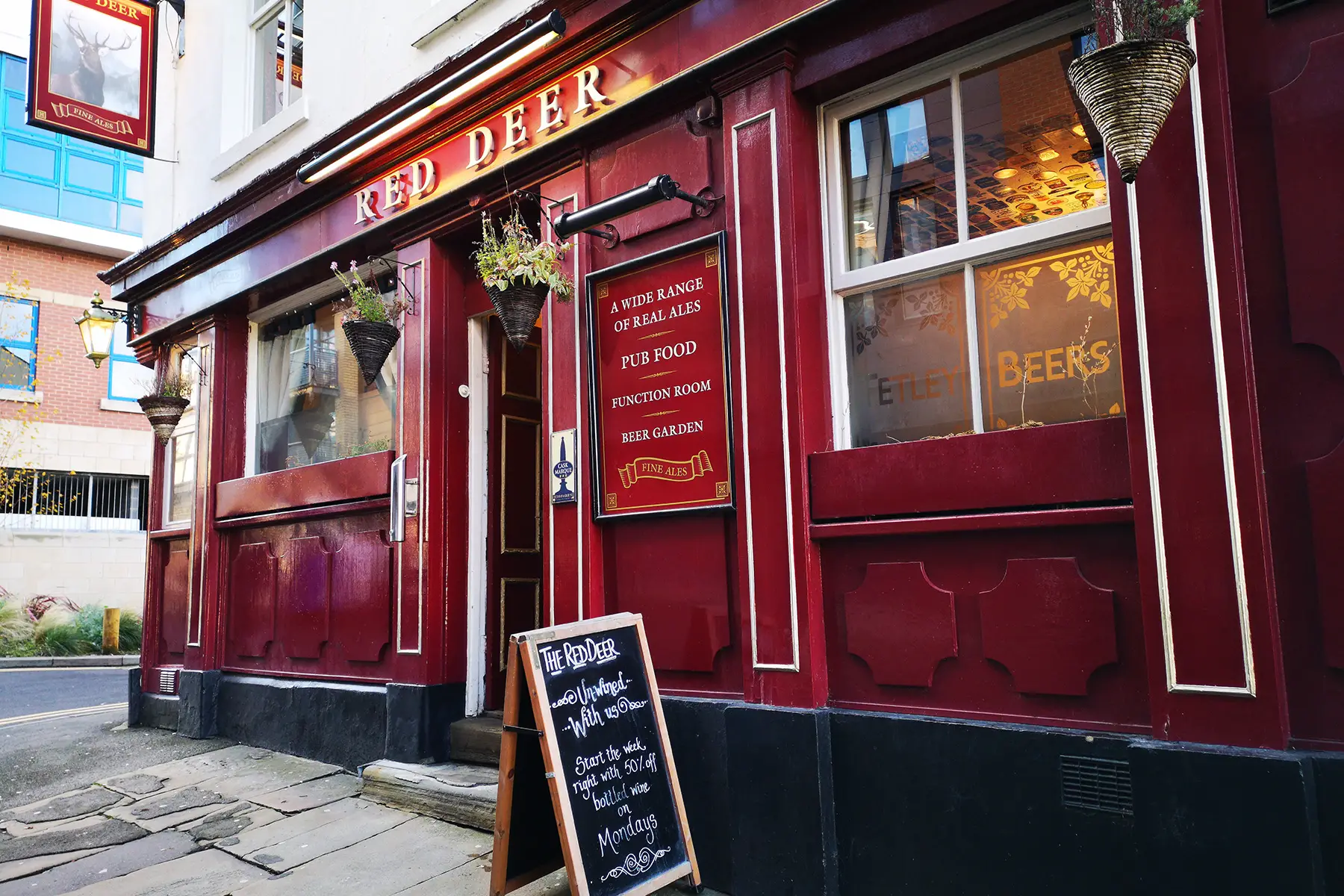
Come the weekend, most Brits like to let their hair down by heading to the pub. If they’re feeling more energetic, a nightclub might also be on the cards. The UK’s binge-drinking culture is fairly infamous abroad. While it isn’t particularly sensible, it’s likely something you’ll witness first-hand if you live there.
The British art scene
The United Kingdom has a rich history in the arts, and it’s something that garners a lot of popularity and support. London, for example is not only home to renowned West End musicals, but also a lot of traditional, contemporary, and fringe theater productions. Many of these also tour the country. You can also see performances of famous Shakespeare plays at a recreation of the Globe Theatre on London’s Southbank, or visit Stratford-upon-Avon to see where the Bard lived.
Many genres of music have a huge following in the UK, from the country’s superclubs putting on famous DJs, to the likes of Wembley Stadium and the O2 hosting international stars. Then there’s the UK’s renowned music festivals – the likes of Glastonbury attract hundreds of thousands of music fans every year. Make sure you don’t miss our on the best UK festivals.
Sports in the United Kingdom
The most popular sports in the UK include football, rugby, and cricket – all of which have huge followings. Football is the most popular and hotly contested, and the majority of Brits follow a football team, with allegiances based on location or passed down through the generations.
Food and drink in the UK
When you think of British food, the first things that spring to mind are likely to be English breakfasts, Sunday roasts, and maybe fish and chips. They’re all very popular, quintessentially British dishes, but the UK’s most popular dish is actually chicken tikka masala.

Let’s not forget the quaint cream tea, which derives from Devon. It’s a light meal designed to be eaten in the afternoon, combining the British love of tea, with dainty sandwiches and cakes.
If you’re looking for a low-cost meal while you’re in the UK, here are tips on how to eat in the UK for cheap. And for something sweeter, see our delicious guide to British desserts.
Politics, government, and administration in the UK
The UK is a constitutional monarchy, which means that the King is the head of state, and the Prime Minister is the head of the government, which is based in London’s Westminster.
There are also devolved governments; the Scottish Parliament, Welsh Assembly, and Northern Ireland Assembly. These are responsible for any devolved powers in their respective countries.
Political parties contest in a general election, which usually takes place every five years. If you are registered as a UK resident and are aged 18 or over, you are eligible to vote. To do so, you’ll need to register to vote ahead of the election.
The main political parties
In England, the Conservative Party is currently in power, having won a majority in the 2019 election. UK Prime Minister Liz Truss is leader of the Conservatives. This party, also known as the Tory Party, is described as center-right and has been responsible for cuts to most forms of public spending since 2010 and has overseen the UK’s exit from the European Union.
The main opposition in parliament is Labour, a center-left political party led by Keir Starmer. Other opposition parties include the centrist to center-left Liberal Democrats and the left wing Green Party, founded in 1990.
The Scottish National Party (SNP) is currently in power in Scotland. It was founded in 1934, has center-left ideas, and supports the idea of Scotland seeking independence from the rest of the UK.
Wales has Plaid Cymru, which advocates Welsh independence. It’s a left-wing party that’s been around since 1925, but Labour is currently in power and has been since the 2016 National Assembly for Wales election.
In Northern Ireland, the country’s leadership must be shared between two parties; since the Good Friday Agreement was reached. In 2019, the two biggest parties were Sinn Féin (an Irish republican and democratic socialist party) and the DUP (a right-wing unionist and loyalist party).
There are several other parties in the UK which currently do not hold seats in parliament. These include several local parties, the Women’s Equality Party, UKIP, and the Official Monster Raving Loony Party.
The UK on the world stage
Between the late 16th and mid-20th century, the UK ruled a huge empire. This subject is controversial in the country: the British are the second proudest of their former empire in the world, and many still hang onto a nostalgic image of it. On the other hand, a large proportion of the population believe that the historical injustices of colonialism should be addressed in schools.
Nowadays, the country’s global influence is less pronounced, and with the UK’s withdrawal from the EU, it’s possible that it will diminish even further. While it is still too soon to say what effect this will have, imports have been impacted and certain sectors that rely on foreign employment now lack workers. However, the country is in the process of making trade deals.
The UK is a member of the UN Security Council, NATO, the G7, G8, G20, OECD, World Trade Organization, Council of Europe, OSCE, and the Commonwealth of Nations.
Rights and freedoms in the UK
The UK ranks highly for its level of freedom, coming in joint seventeenth place on the Cato Human Freedom Index, tying with Ireland. While it ranks among the top countries, it has been dropping in the rankings steadily over the past decade or so, with lower scores in rule of law, religious freedom, and women’s safety.
Women’s rights in the UK are generally good and it is illegal to discriminate on the basis of gender. That said, there are consistent issues with UK companies being found to pay women less than men, fewer women in positions of power, and many women experience prejudice and restrictions due to taking time off work to have children.
In 2018, The Equality and Human Rights Commission published a report on women’s rights and gender equality, concluding that much more needs to be done to address these issues.
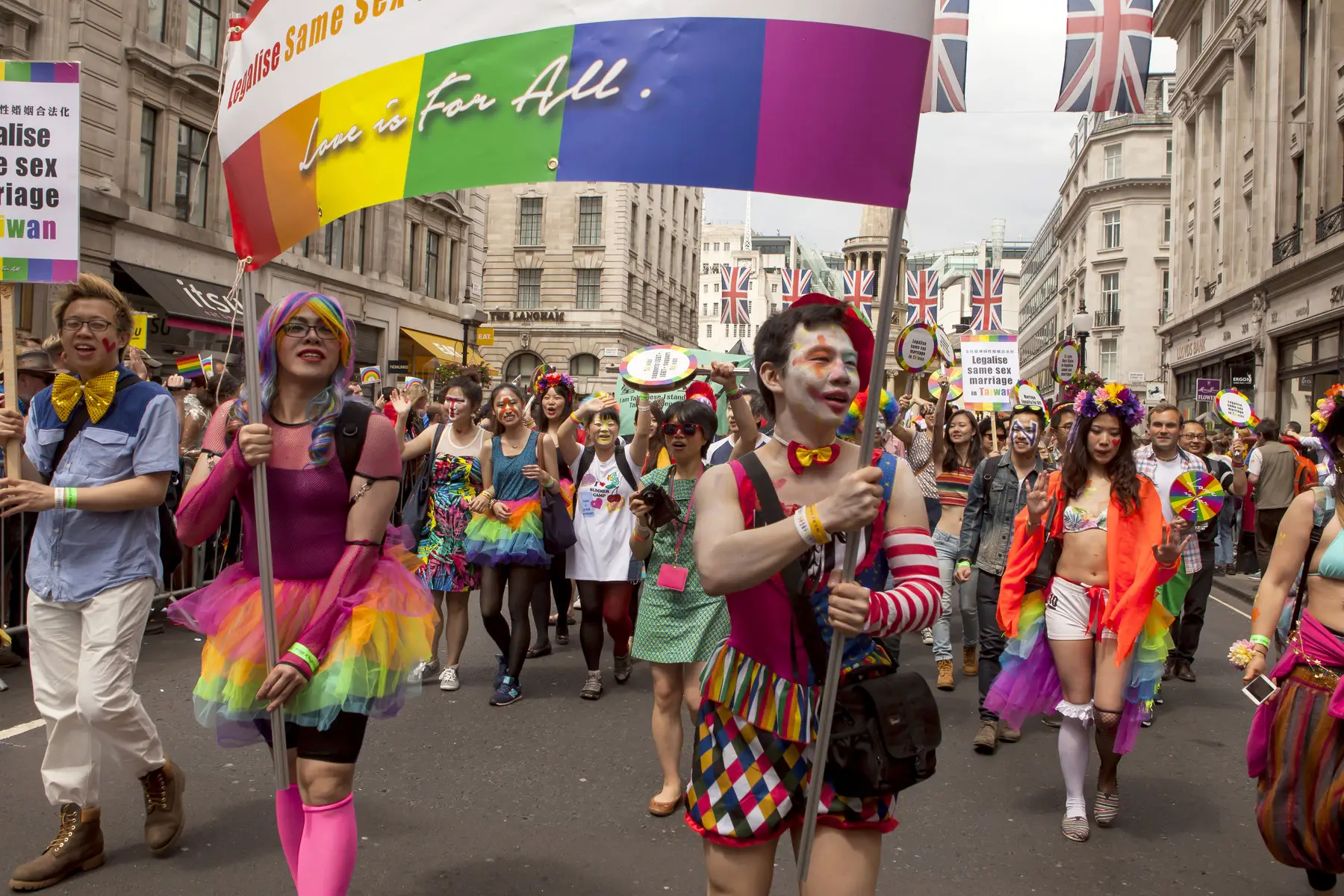
Other minority groups also fare well in the UK. For example, LGBTQ issues have taken center stage in the past few years, the right to same-sex marriages came into force in 2014, and gay pride is a much-celebrated event across many UK cities.
However, instances of homophobic and transphobic abuse still occur, and there is still work to do to change some stubborn attitudes about the acceptance of LGBTQ people. For more information on same-sex unions, read our guide to getting married in the UK.
Crime and policing in the UK
The UK has seen an overall downward trend in crime over the past few decades. However, some types of crime are on the rise. Reports of sexual offenses and rape are at their highest recorded level. The ONS suggest that, while this could represent rise in crimes, recent high-profile events could have increased willingness to report incidents to the police.
Knife crime had been on the rise until 2020, when it began to decrease. Most incidents involving a knife take place in the capital city.
You should also watch out for crimes involving fraud and computer misuse, which are estimated to be up by 32% and 85% respectively in the past year. If you experience this kind of crime, contact Action Fraud UK online, or by calling 0300 123 2040.
Police in the UK
Most law enforcement in the UK is carried out by police officers, which are split into regional police forces. There are also country-wide teams, such as the National Crime Agency and more specialist police branches. You can find out more in our guide about crime in the UK.
If you encounter an emergency and must contact the police, call 999. For situations that aren’t emergencies, but still require police assistance, you can call 101.
Our guide on emergency phone numbers in the UK will help make sure you know what to do in case of an emergency.
Health, welfare, and social security in the UK
In the ONS report on personal wellbeing in the UK, average scores have gone down in recent years, with people ranking their life satisfaction at just under 7.4 out of 10, and about 7.3 out of 10 for how happy they felt the previous day. According to the World Happiness Report, the UK ranked 18th out of 95 countries, just ahead of Taiwan.
Life expectancy in the UK is 79 years old for men, and 82.9 for women. After a long period of increases, life expectancy stalled and has decreased slightly since 2018.
The National Health Service
The UK’s National Health Service (NHS) provides free medical assistance and treatment to all UK residents, from doctor’s appointments to hospital stays and operations.
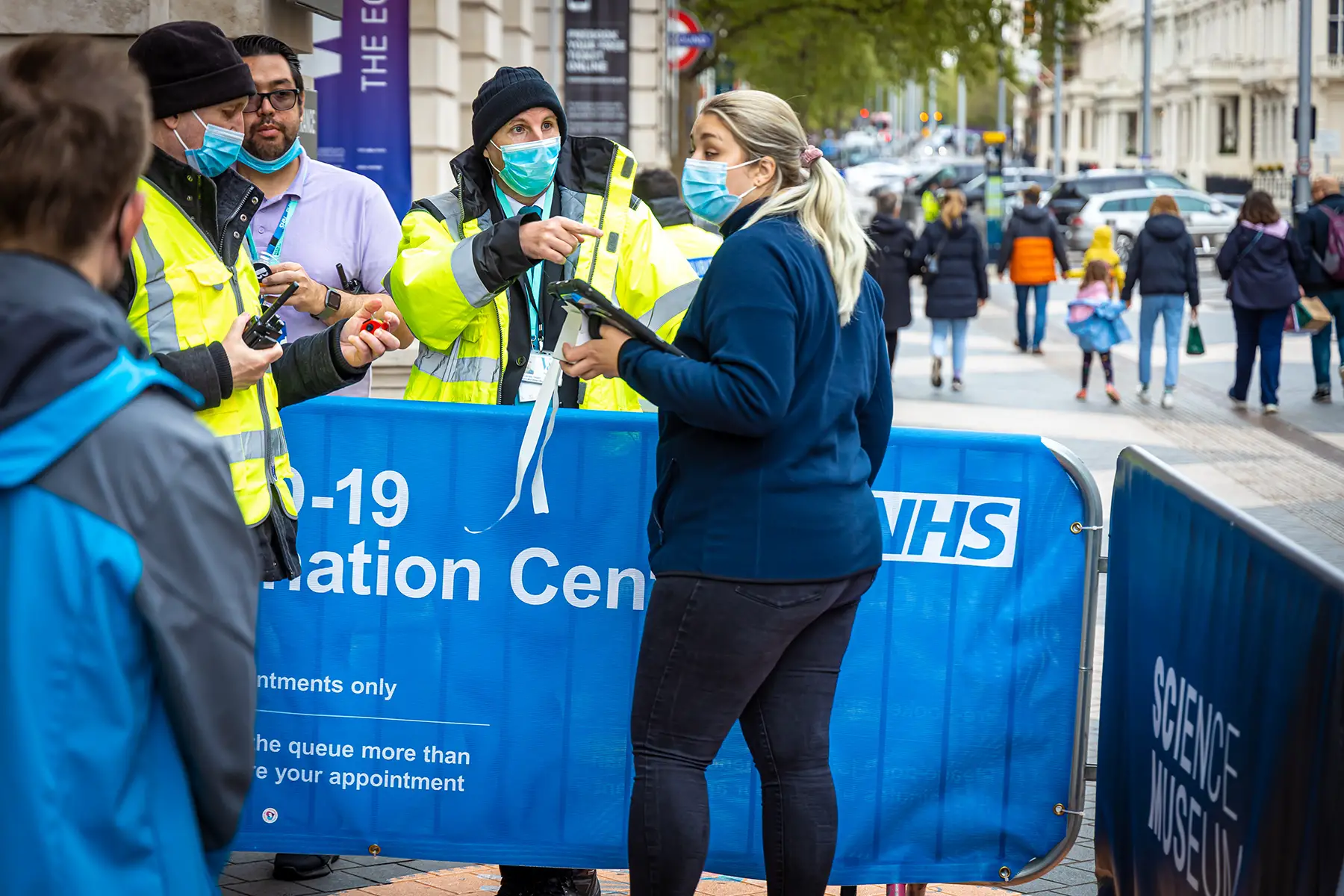
Private medical treatments are also available, which are subject to charge. Some companies offer private health insurance so that employees can access these services without having to pay. Other expats living in the UK take out their own supplementary private health insurance policy from a provider such as:
For more information, see our guide on the National Health Service.
Dentistry follows the same NHS and private structure, but even if you access NHS services, there will be a fee to pay.
You can find out more in our guide to UK dentistry services.
Therapy and mental health services are becoming more of a priority in the UK, and once again, there are services available on the NHS and privately. Many employers, schools, and universities have their own counseling and therapy services.
For details specific to those expecting a baby, you can also see our UK pregnancy guide.
Education in the UK
While UK literacy levels are generally pretty high, a number of reports have recently found that more people struggle to read and write than what was originally thought.
British organization Literacy Trust found that 7.1 million adults in England have very poor literacy skills; in addition to 931,00 in Scotland, 216,000 in Wales, and 550,000 in Northern Ireland.
The UK education system is split into primary education (for children between the ages of four to 11), secondary education (for children between the ages of 11 to 16), and tertiary or further education. It is a legal requirement for children to be in education until they are 18 years old.
For more information on how the UK education system works, including which exams children must take, see our guide to the UK education system. We also have a guide on choosing a school in the UK.
British universities
Beyond compulsory education, the UK has an excellent university system, with the 2022 World University Rankings putting Oxford university in first place, and Cambridge in fifth.
However, places are fiercely competitive, and not every institution holds the same standards, so you should do your research before deciding where you want to go.

There has been much controversy regarding UK university fees in the past few years, however, as UK students and international students have both seen huge price hikes.
For more help, read our guide on choosing a university in the UK.
Work and business in the UK
UK employment levels
The current UK employment level is 75.5%, lower than before the COVID-19 pandemic, but showing recovery compared to 2020. In this same period, unemployment in the UK was estimated at 4.2%.
UK industries
UK business split between the public and private sectors. Public sector companies provide goods or services from the government or local authorities for the benefit of the public, including schools, hospitals, and fire departments. Services are usually free or subsidized.
Private sector companies’ main aim is to turn a profit, and therefore the goods or services aren’t usually free. There is sometimes an overlap between the public and private sectors – most often with things like waste management, where a private company may be paid to do a task needed by the public sector.
The main industries in the UK include finance and banking, IT, construction, manufacturing, and retail. The fastest-growing sectors are around the UK’s burgeoning tech industry, including fintech, digital marketing, and virtual reality.
UK business culture
Most UK businesses have a traditional hierarchy system of managers, and – while most are polite – they still expect a high level of respect, and are known for being firm and effective.
The annual budget is key in planning business strategies, with future budgeting estimates projecting for the following three to five years.
In general, people work from 09:00 to 17:00 with an hour’s lunch break. However, more senior members of staff will often put in longer hours, miss lunch breaks, and are known for checking their emails late into the night.
Some companies employ flexi-time, where employees can effectively choose their own hours, and work overtime to claim back at a later date.
Increasingly, employers are implementing supposedly more laid-back office environments, with features such as hot-desking office plans, where employees do not have a set desk but have the flexibility to sit anywhere they like, and working from home has become more common in recent years.
Environment and climate in the UK
The UK is pretty famous for being rainy, but you might be surprised to know about the high temperatures you can experience living there. Despite being a small island, there’s a lot of variation; the north and west of the country tend to get more rain, while the south-east is generally warmer and drier.
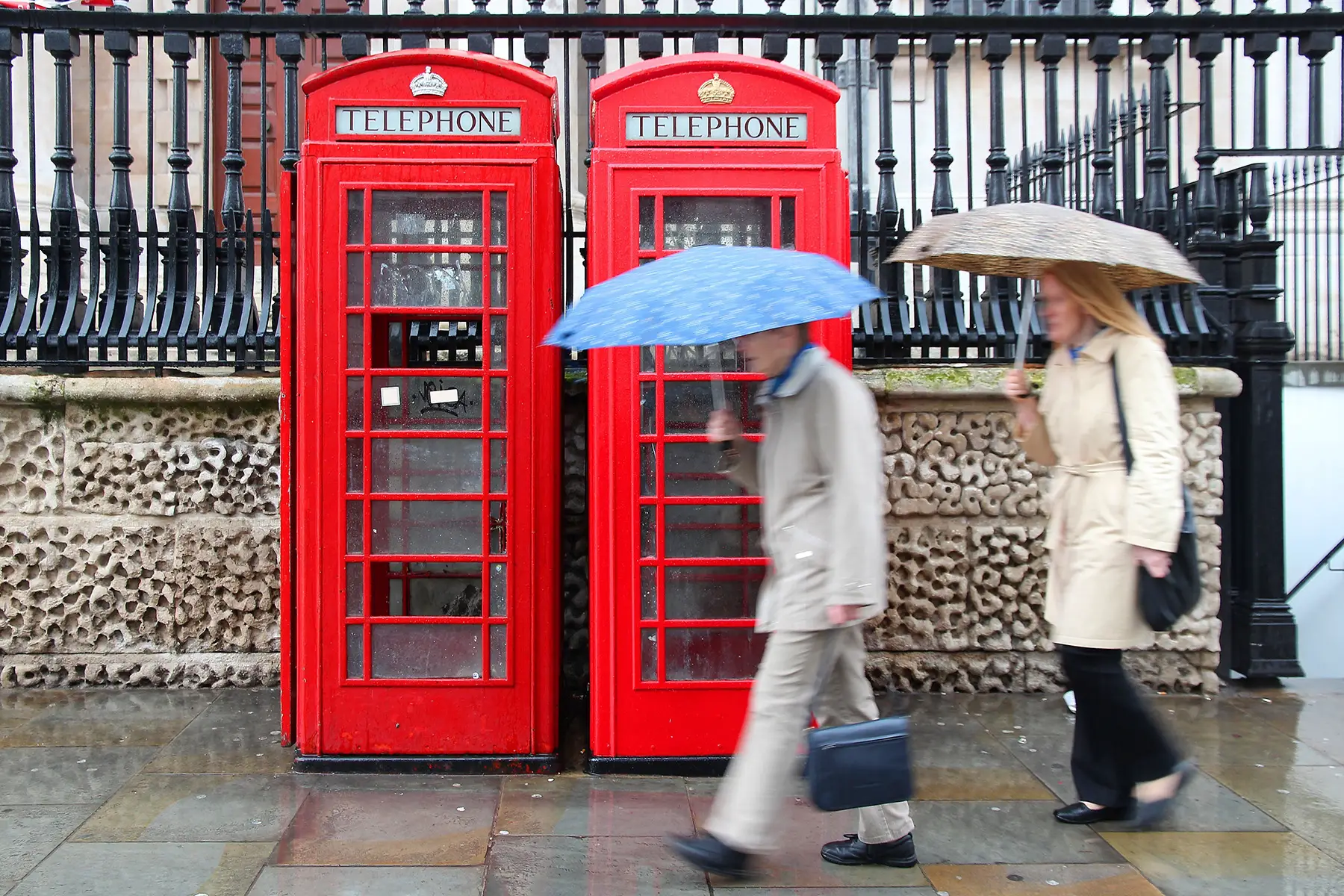
Always fairly temperate, winters don’t usually reach much below freezing, and summer temperatures rarely go above 32 degrees Celsius.
Air pollution is a problem in the UK, with almost 2,000 locations being identified as having levels of air pollution that exceeded safety limits. However, an ultra-low emission zone came into force in London in April 2019, which aims to cut pollution levels in the city by 45%. This expanded in October 2021 to the boundaries of the North and South Circular roads.
Great places to visit in the UK
Go for a punt in Cambridge
The historical city of Cambridge is known for its beautiful architecture, a world-class university, and the chance to go punting on the scenic River Cam, which runs through its center.
Take in some art at London’s Tates
The Tate Modern and Tate Britain art galleries are located just down the river from each other – there’s even a special boat service that hops between the two – and are the perfect way to spend a cultural day out.
There are usually plenty of free exhibitions to wander around, in addition to bigger paid-for events. This is just one of many, many things to do in the city, as you will find out in the best places to visit in London.
Climb a mountain in Wales
A visit to Snowdonia National Park in Wales will present you with the opportunity to climb one of the UK’s three mountains, Mount Snowdon. Once you get to the summit, you can stop at a cafe for a well-deserved drink and a snack while you admire the view.
For more UK-based inspiration, read the best places to visit in the UK.
Public holidays in the UK
The UK has several public holidays throughout the year, where you’ll either find many shops shut or have reduced opening hours, and schools and offices close.
Many tend to follow Christian holidays such as Christmas and Easter, but also New Year’s Day, and a series of ‘bank holidays‘ (which always fall on a Monday). These are always the first and last Mondays in May, and the last Monday in August.
There’s also more information specifically on celebrating Christmas in England, so you’ll know what to expect.
UK: myth-busting
The UK and Great Britain aren’t the same
Foreigners and UK natives alike often use the terms ‘United Kingdom’ and ‘Great Britain’ interchangeably, but they actually refer to different countries.
Great Britain is a geographic term referring to the island that houses England, Wales, and Scotland, but the United Kingdom is a more political term for the independent country that encompasses England, Wales, Scotland, and Northern Ireland.
Stonehenge is older than the pyramids
One of the UK’s most famous attractions, Stonehenge, is a formation of huge blocks of stone in a field in southern England. It’s believed to have been created in 3,000 BCE – long before Egypt’s pyramids.

There’s a monster living in Scotland
Hiding at the bottom of the UK’s largest lake, Loch Ness, is – supposedly – a huge monster. Unsurprisingly, it’s called the Loch Ness Monster, affectionately known as ‘Nessie’. Some people have reportedly seen her, but – as she’s mythical – it’s unlikely that you will get a sighting.
Want more UK trivia? Read our guide on interesting UK facts.
Useful resources
- Police UK – contact the police, and find out about crime in your area
- Action Fraud – contact if you have been a victim of fraud
- Register to vote – apply to vote in a UK election
- Time Out – find the 31 best attractions in the UK
- Wise – a step-by-step guide on how to move to the UK
- Schools admissions – how to enroll your children in a UK school
- Citizens Advice – free help if you have a problem with UK rules or laws
